South Africa’s leadership of the Group of 20 (G20) marks a significant moment—not just for the nation, but for the entire African continent and the Global South—offering a chance to drive inclusive economic growth on the world stage.
This was a key message in President Cyril Ramaphosa’s State of the Nation Address, delivered to a joint sitting of Parliament in Cape Town on Thursday evening.
As the first African country to assume the G20 Presidency following the African Union’s formal inclusion as a member, South Africa has chosen the theme “Solidarity, Equality, and Sustainable Development.” According to President Ramaphosa, this theme reflects the essential role of international cooperation in addressing global challenges.
“It presents a crucial opportunity to prioritize Africa’s needs and amplify the voice of the Global South in shaping the international development agenda,” he stated.
Africa’s Growth and Stability: A Shared Priority
The President reaffirmed that Africa remains central to South Africa’s foreign policy, emphasizing that sustainable economic progress hinges on lasting peace across the continent.
“Our commitment to strengthening the African Union is aimed at fostering peace, economic integration, and development across Africa,” he said. “For Africa to reach its full potential, we must put an end to conflict.”
For three decades, South Africa has actively contributed to restoring stability in several African nations, including recent peacekeeping missions in Mozambique and the Democratic Republic of Congo (DRC).
“Our role in the Southern African Development Community (SADC) peacekeeping mission has helped bring stability to Mozambique’s Cabo Delgado province,” Ramaphosa noted. “Meanwhile, the presence of South African forces in the eastern DRC underscores our ongoing dedication to resolving one of the world’s most persistent conflicts.”
He urged all parties involved in the DRC conflict to engage in diplomatic negotiations and uphold commitments made under the Luanda Process.
“This weekend, we will participate in the Joint Summit of SADC and the East African Community in Tanzania to reinforce calls for a ceasefire and meaningful dialogue,” he added.
Standing for Global Justice
Reflecting on South Africa’s history, President Ramaphosa reminded citizens that the country’s liberation from apartheid was achieved with the help of international solidarity. This, he argued, creates a responsibility to support others facing oppression today.
“South Africa remains steadfast in its support for the people of Palestine, who have suffered decades of illegal occupation and are now enduring extreme hardship,” he stated.
Additionally, he reaffirmed South Africa’s role in global peace initiatives, including efforts to mediate in the conflict in Ukraine.
“Our commitment to cooperation and multilateralism is evident in our active participation in organizations such as the United Nations, African Union, the Non-Aligned Movement, and BRICS.”
Recognizing the need to communicate South Africa’s positions more effectively on the world stage, the President announced that a delegation of government and other leaders would be dispatched to key capitals across Africa and beyond to explain the country’s priorities during its G20 Presidency.
Through this leadership role, South Africa aims to drive meaningful change, foster international partnerships, and champion the interests of developing nations.
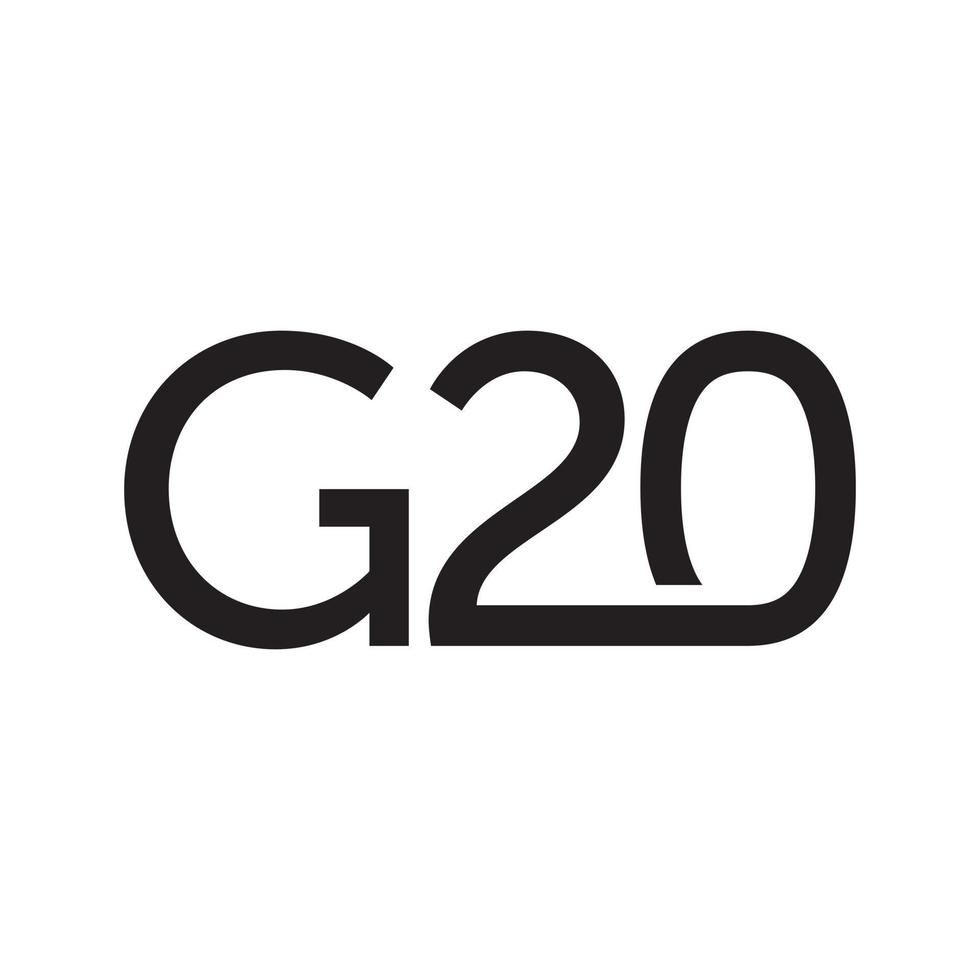
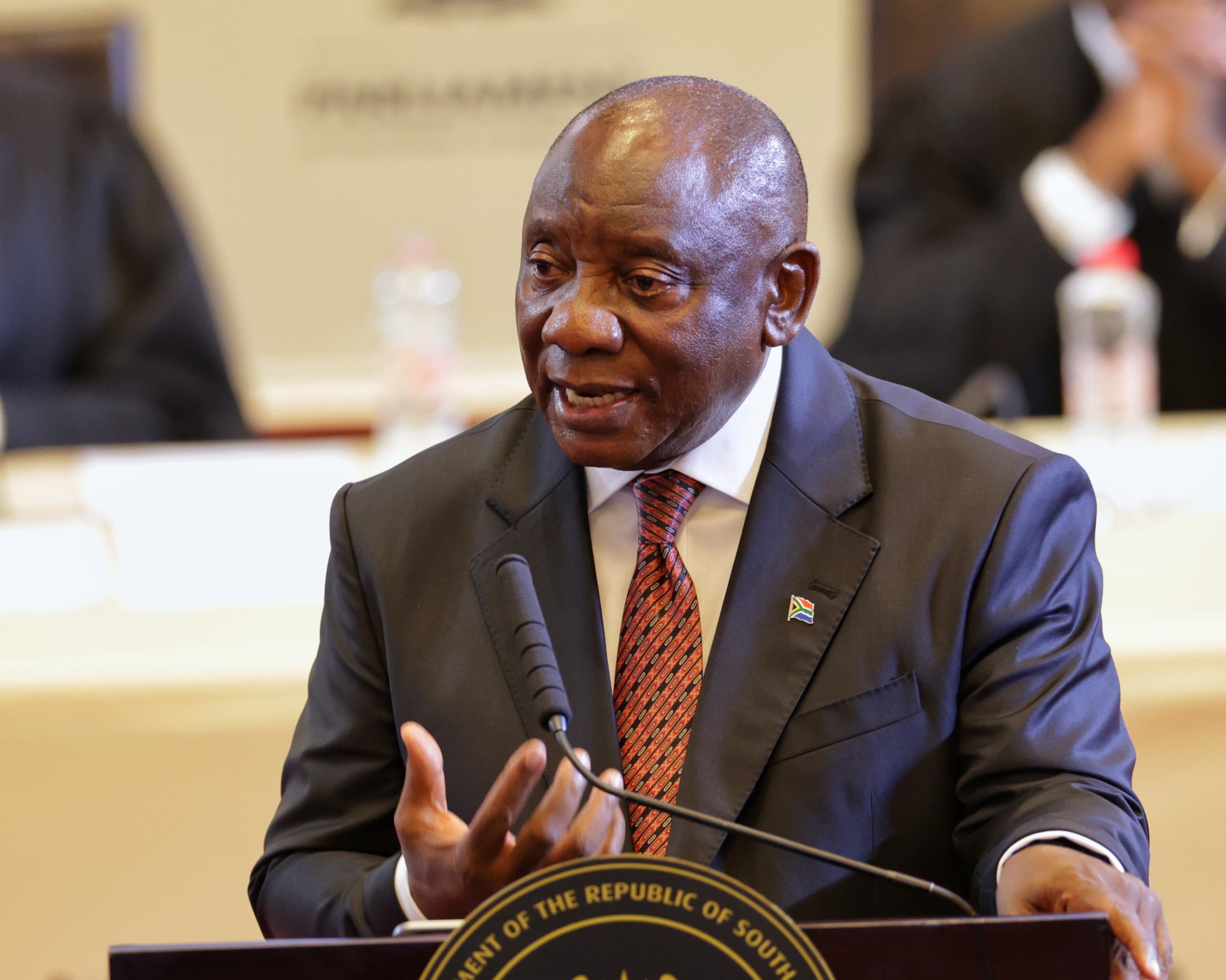


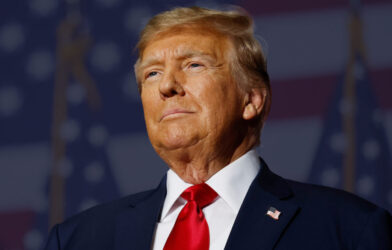
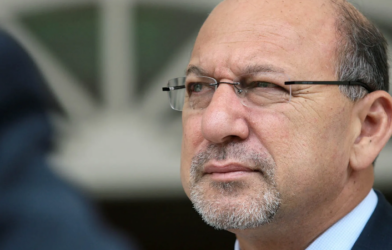
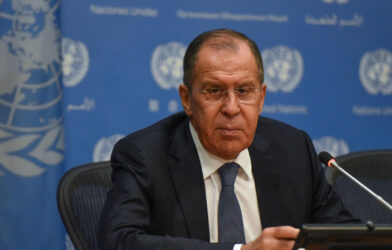

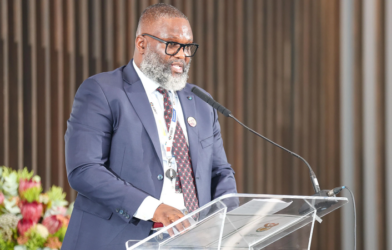
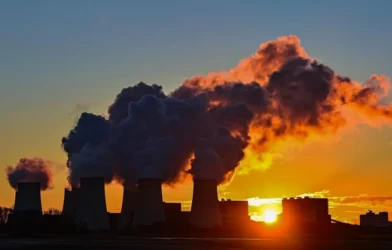
Comments are closed